A month-by-month guide to the most beautiful gardens to visit in Britain
Some gardens are even better in winter. Read our list of the best gardens to visit all year round.
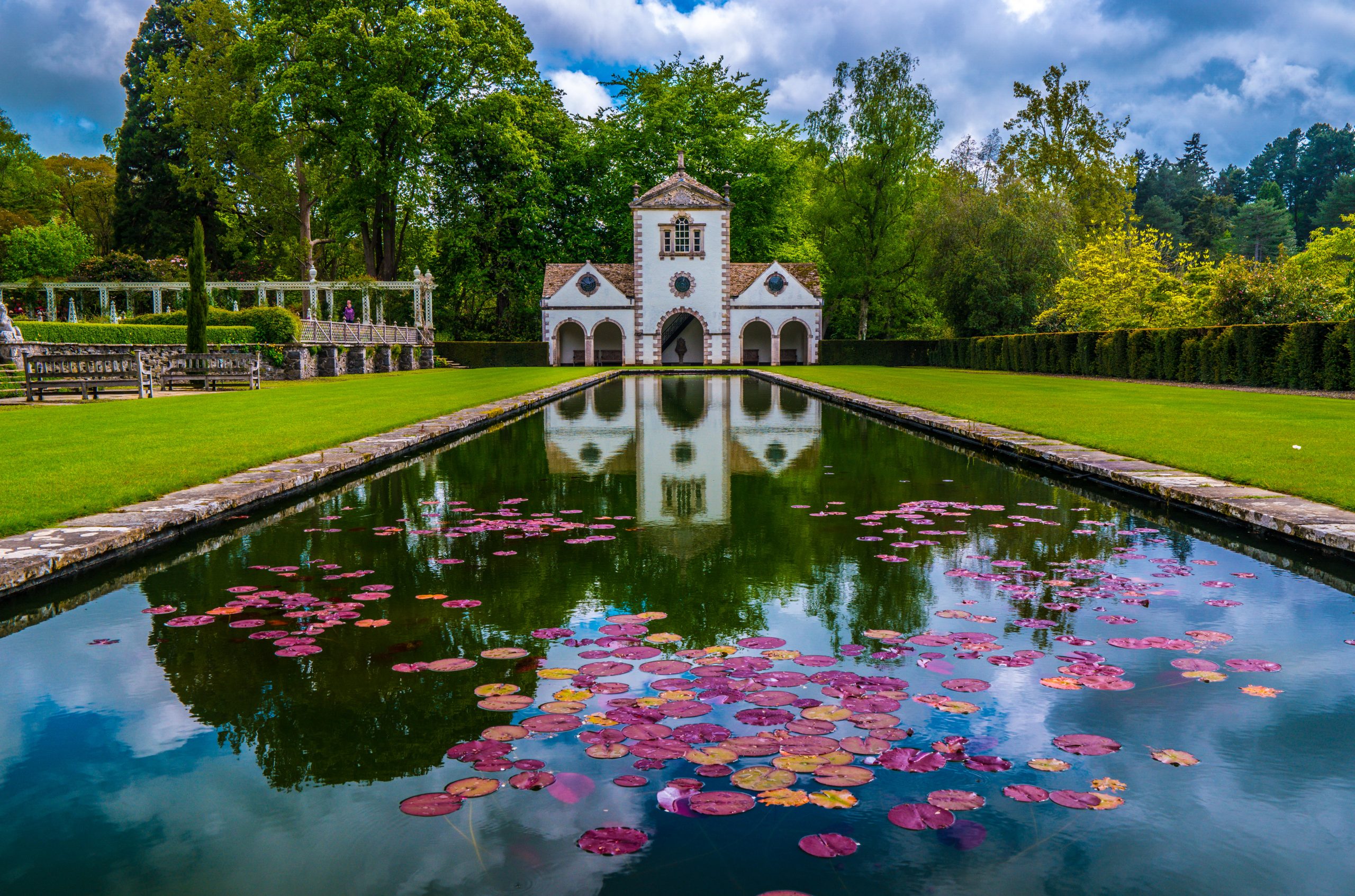

As days brighten and the weather warms, thousands of garden gates are opened across the land, inviting you to visit and admire. From April to July, English gardens are at their most beautiful in the lengthening days, accompanied by the sweet music of birdsong.
But there is a conundrum for gardeners: how to find time to go and see others’ efforts when your own garden is growing and changing and surprising you by the hour. The good news, though, is that many gardens are splendid all year round — so if you're planning your visits for the year ahead and are despairing of fitting things in to a few months, we hope this list will help.
January: Cambridge University Botanic Garden, Cambridgeshire
Now the go-to destination for a New Year stroll. Its winter garden is one of the most intense and established, with juxtaposed winter heathers, dogwoods, hellebores and white-stemmed Rubus, joined by witch hazels, wintersweet and early daphnes for scent. Plus there’s the glasshouses and the new Garden Café in the Stirling Prize-winning Sainsbury Laboratory. www.botanic.cam.ac.uk
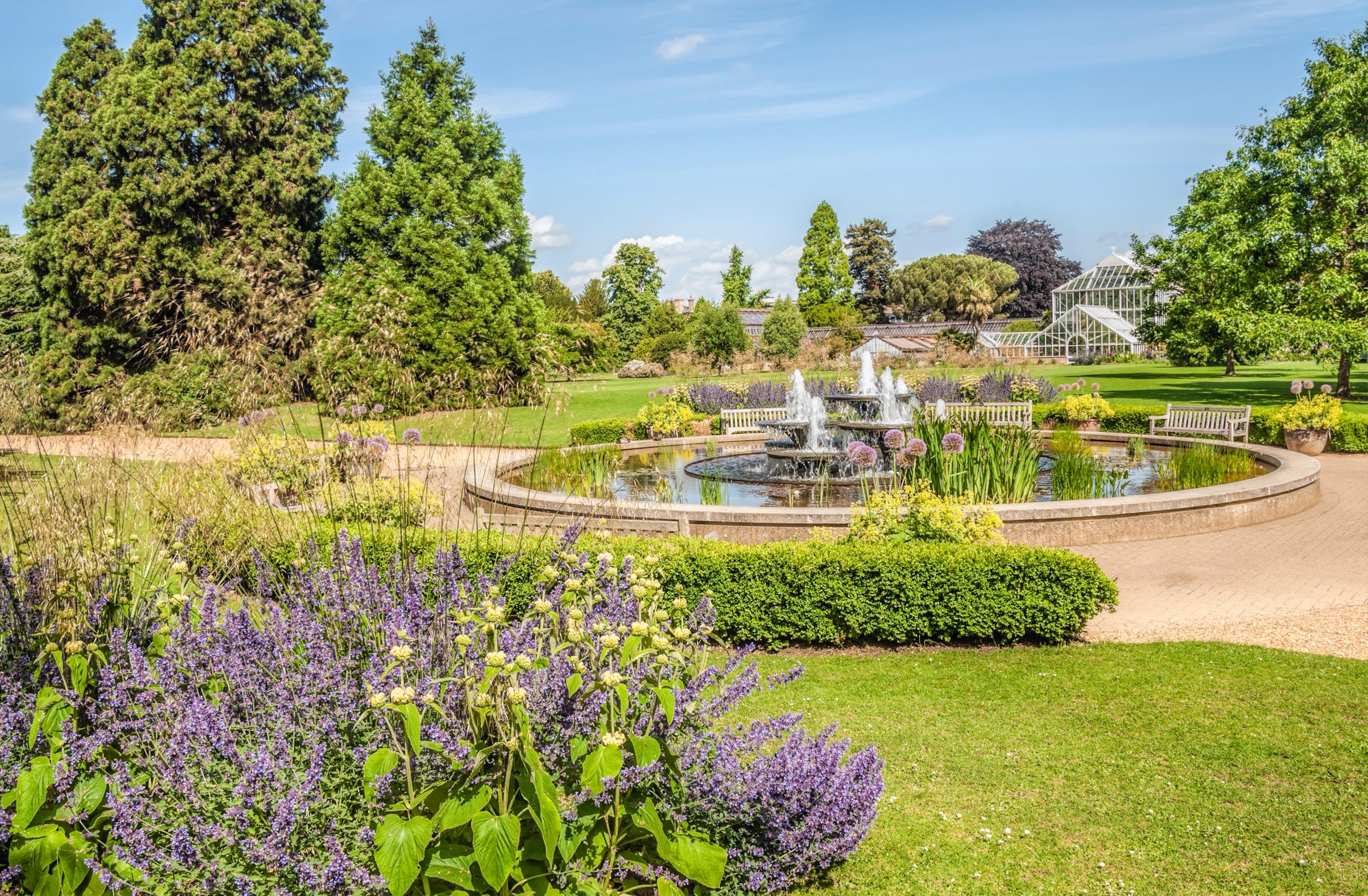
February: Dunham Massey, Cheshire
Covering seven acres of the pleasure ground, surrounded by a 300-acre deer park, Dunham Massey’s winter garden is one of the country’s largest specially made for the formerly closed season, planted with more than 700 different species, from trees and shrubs to bulbs, many of them scented. February 14 sees the reopening of its First World War Stamford military hospital exhibit, in the Georgian house. www.nationaltrust.org.uk
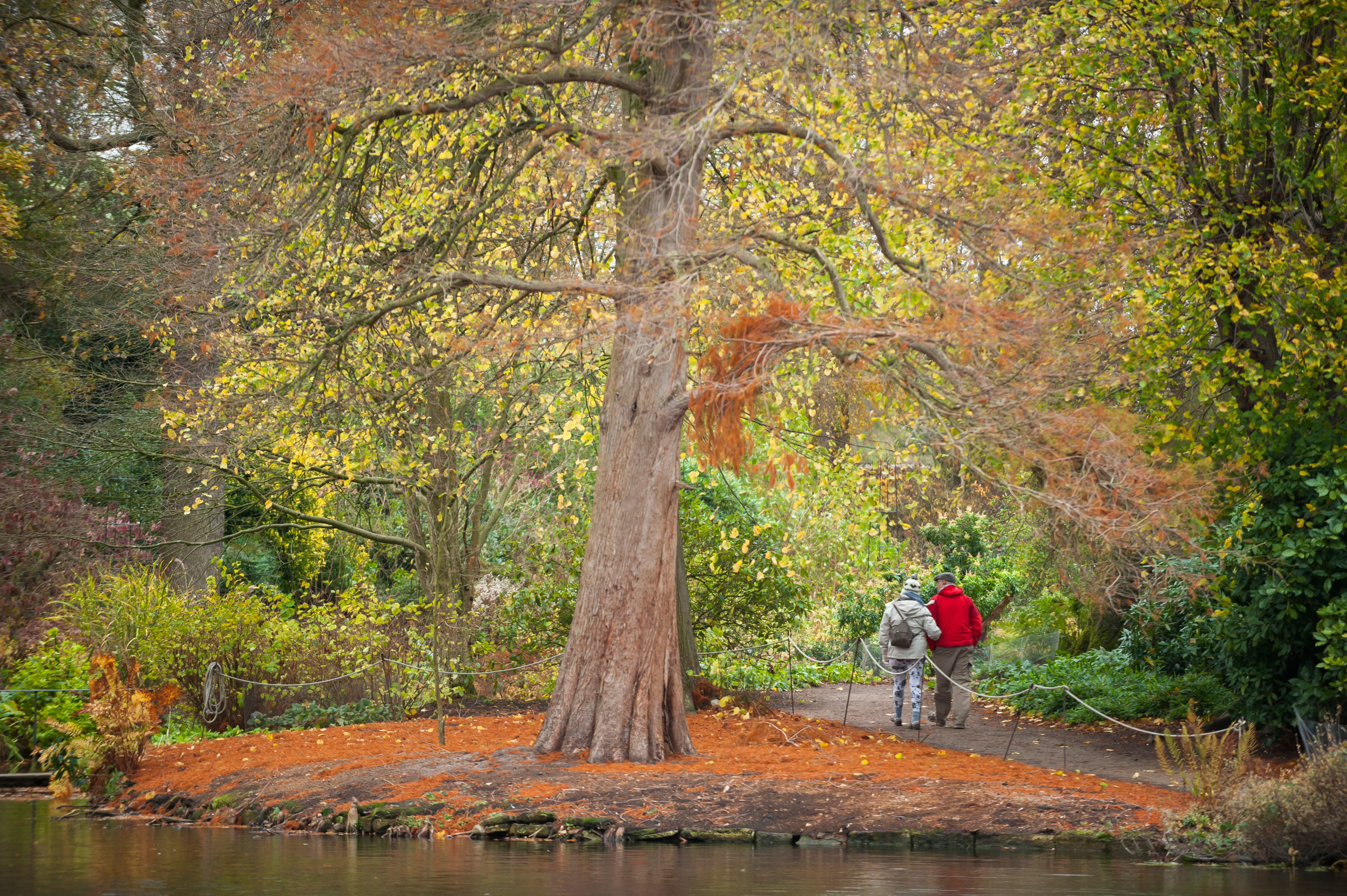
March: Trebah Garden Trust, Cornwall
A classic Cornish ravine, forested by vertiginous 100-year-old rhododendrons, magnolias and camellias plus jungly glades of tree ferns, bamboos and hydrangeas. A serpentine route reaches, eventually, a beach at the valley bottom, lapped by the deep waters of the River Helford. Spring comes early to this favoured location, so that, by March, the beauty of the daffodil season is in full sail. www.trebahgarden.co.uk
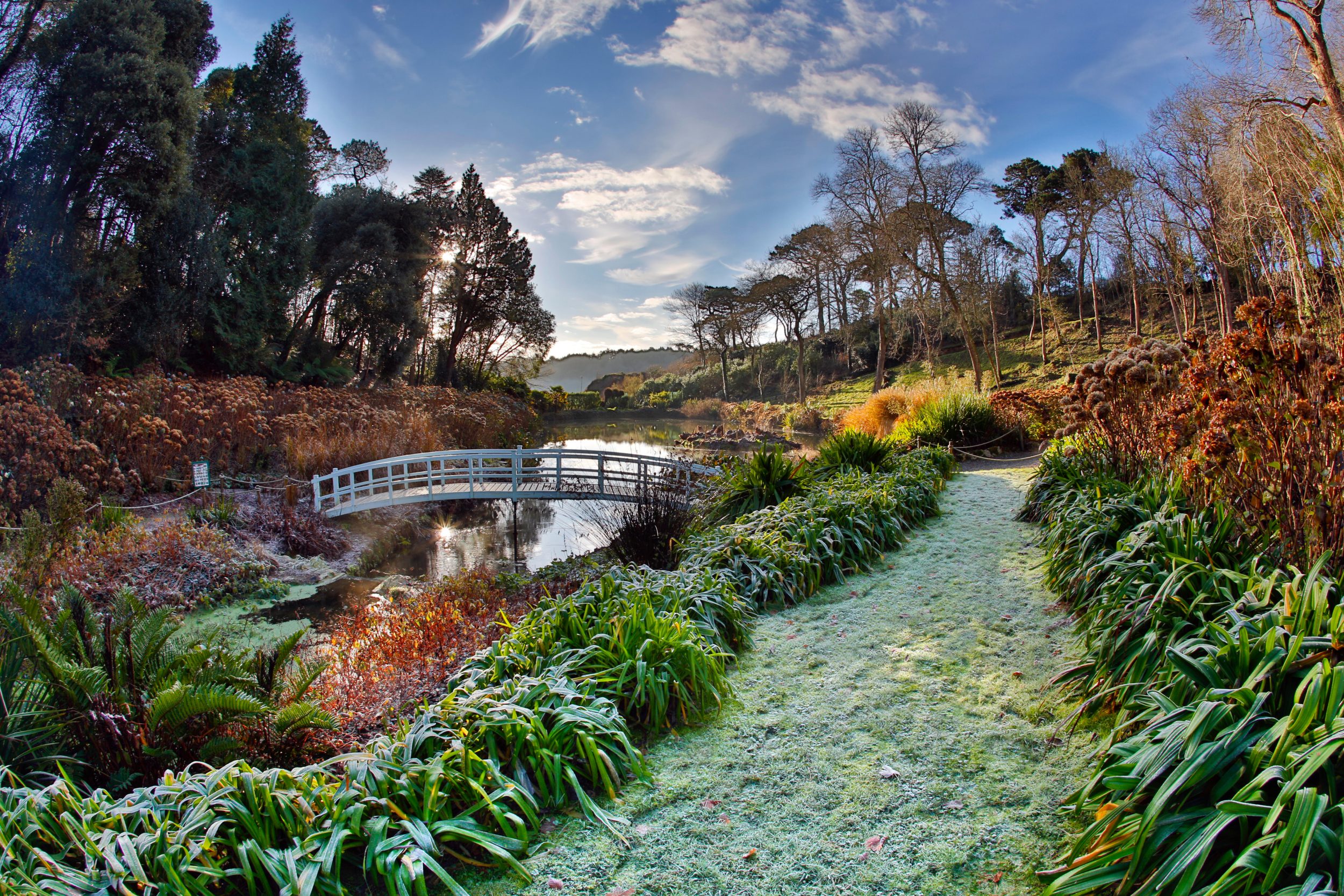
April: Bodnant, Clwyd
A garden with everything, dramatically scaled up: a rushing river with waterfalls, a woodland dell full of choice spring-flowering shrubs, a famously magnificent laburnum arch, fine rose gardens, champion trees and Snowdonia’s ancient, weathered peaks www.nationaltrust.org.uk/bodnant-garden

May: Spetchley Park, Worcestershire
Generations of Berkeley plant collectors have added to the beauty and variety displayed year-round, in a complex garden of numerous rooms and vistas. It has, says owner John Berkeley, one of the largest private collections of plant varieties outside the major botanical gardens and is especially strong in peonies, hydrangeas and bearded irises www.spetchleygardens.co.uk
Sign up for the Country Life Newsletter
Exquisite houses, the beauty of Nature, and how to get the most from your life, straight to your inbox.
June: Wollerton Old Hall, Shropshire
Intensely gardened spaces —more than a dozen, each with its individual planting and mood—around a half-timbered Tudor manor. Within a disciplined framework of hedges, walls and topiarised trees, there are, by turn, riotous borders, harmonious colour themes and cool, green spaces. www.wollertonoldhallgarden.com
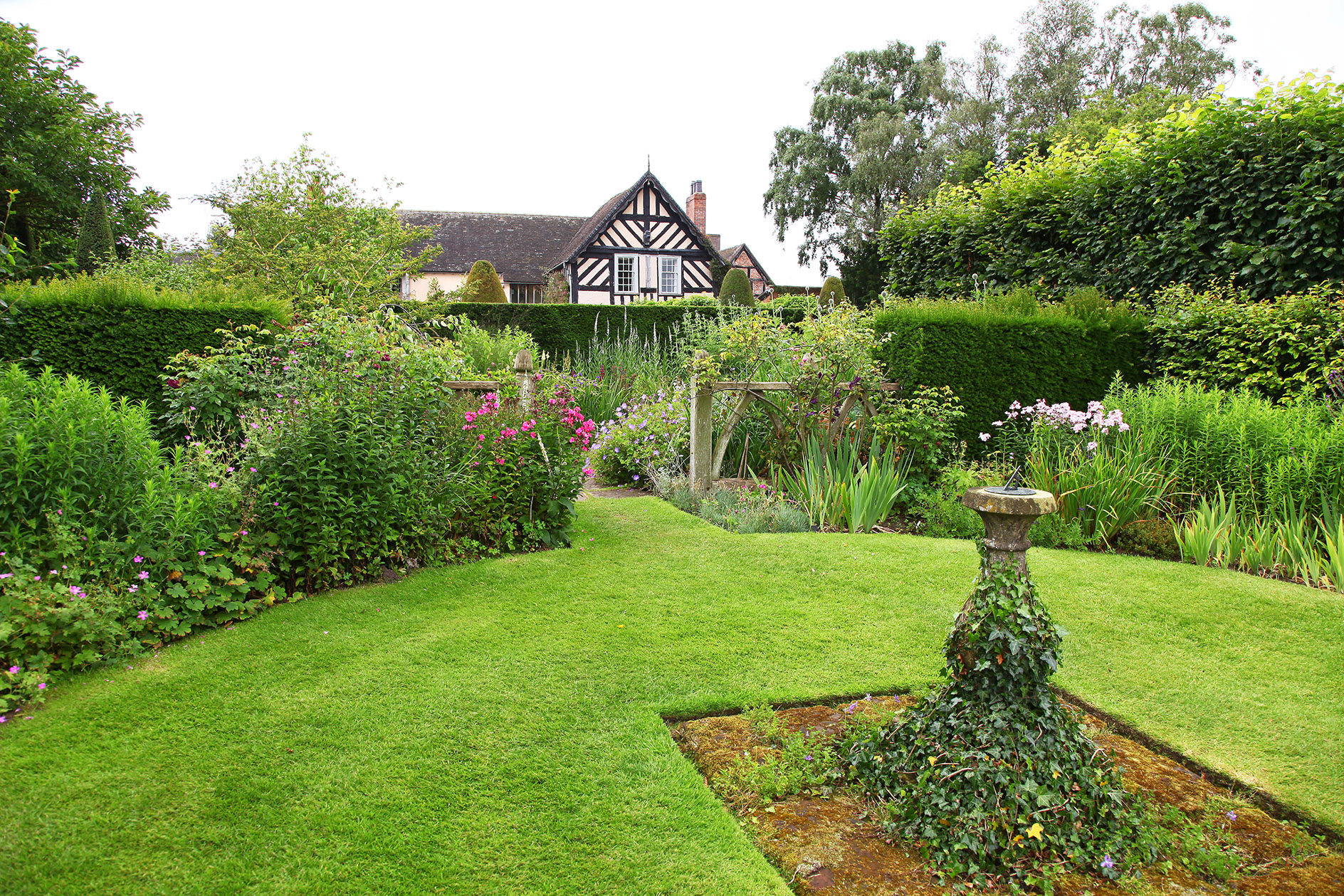
July: Carolside, Scottish Borders
Sheltered by wooded hills beside the River Leader, the Georgian house has an unusual oval walled garden, complete with voluptuous herbaceous borders and a laissez-faire abundance. At midsummer, roses are the main event—hundreds of varieties, including the garden’s national collection of pre-1900 gallicas. www.carolside.com
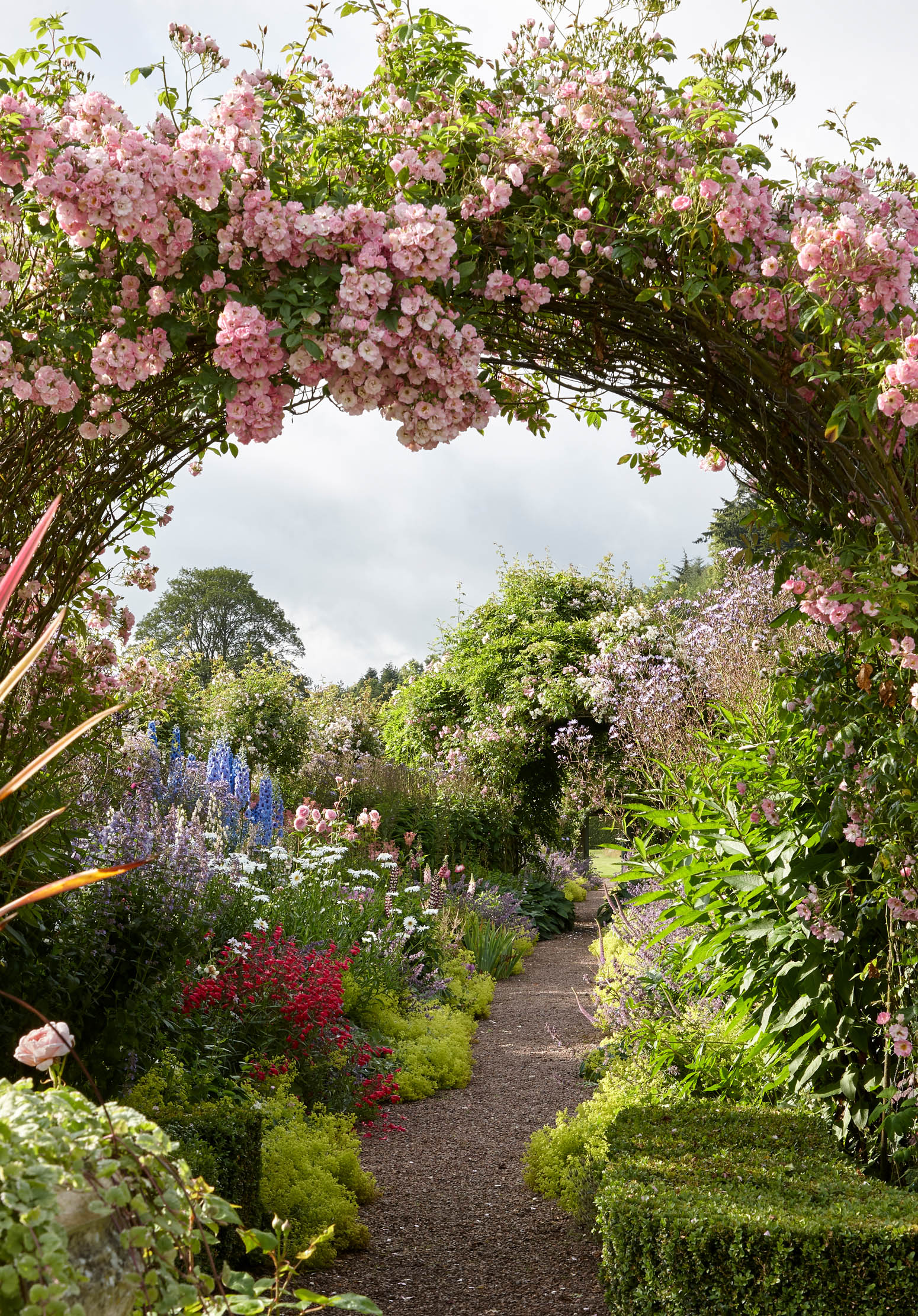
August: Deene Park, Northamptonshire
A beautiful park grazed by sheep and a serpentine lake frame the Tudor and Georgian house and its adjacent box parterre (the latter designed by David Hicks). Roses abound, lavender fills portions of the parterre and large teapots comprise part of the garden’s whimsical topiary. www.deenepark.com
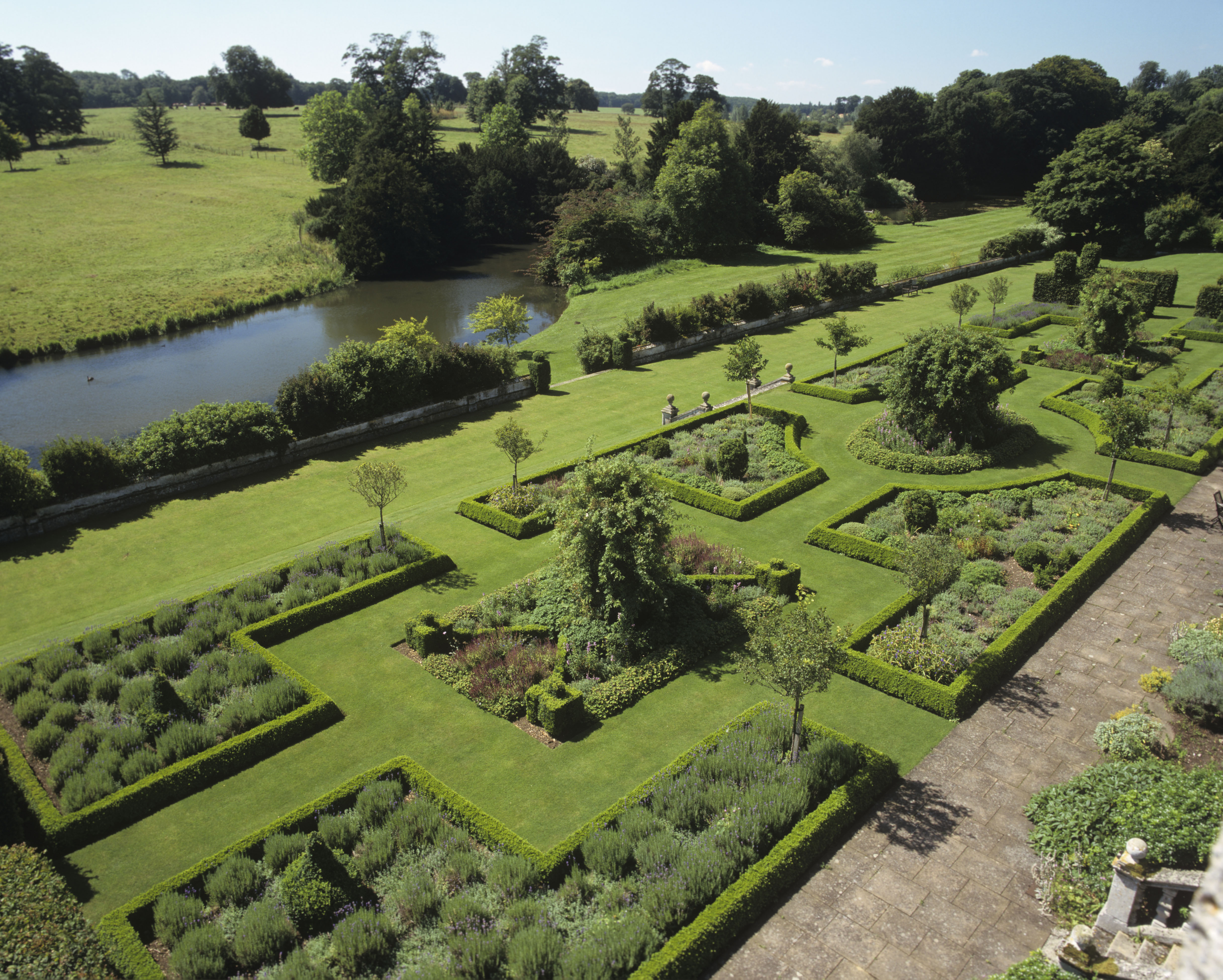
September: Parham House Gardens, West Sussex
The drive through the park in the South Downs is worth the visit alone, but the romantic walled garden retains traditions of splendour in its range of borders, kitchen-garden beds and interesting greenhouse. All this and a splendid Elizabethan house, which must also be seen. www.parhaminsussex.co.uk
October: Scampston Walled Garden, North Yorkshire
The walled garden comes into its own with the departure of summer. The modern design, organised into a series of discrete areas within 18th-century walls, is the largest so far created by Piet Oudolf in England; its herbaceous perennials are enlivened by tinting trees and hedges. www.scampston.co.uk
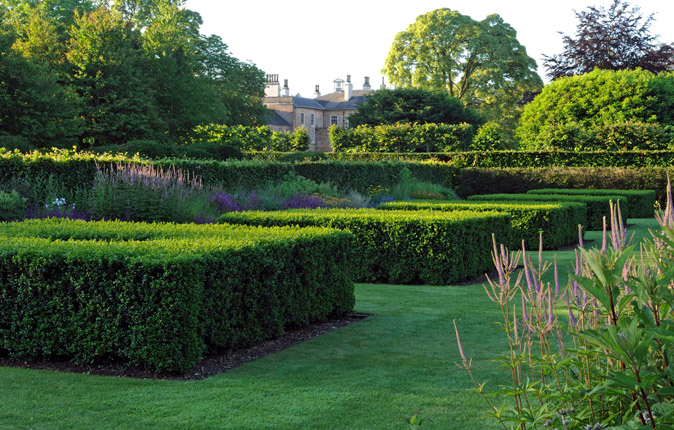
November: Chatsworth, Derbyshire
The late season is perfect for striding out into the historic landscape, with its water staircase, modern sculptures, Buff Orpington chickens and Capability Brown’s majestic park around the River Derwent. Various activities celebrate the season’s bounty, with suppers and early evening visits to the illuminated house. www.chatsworth.org
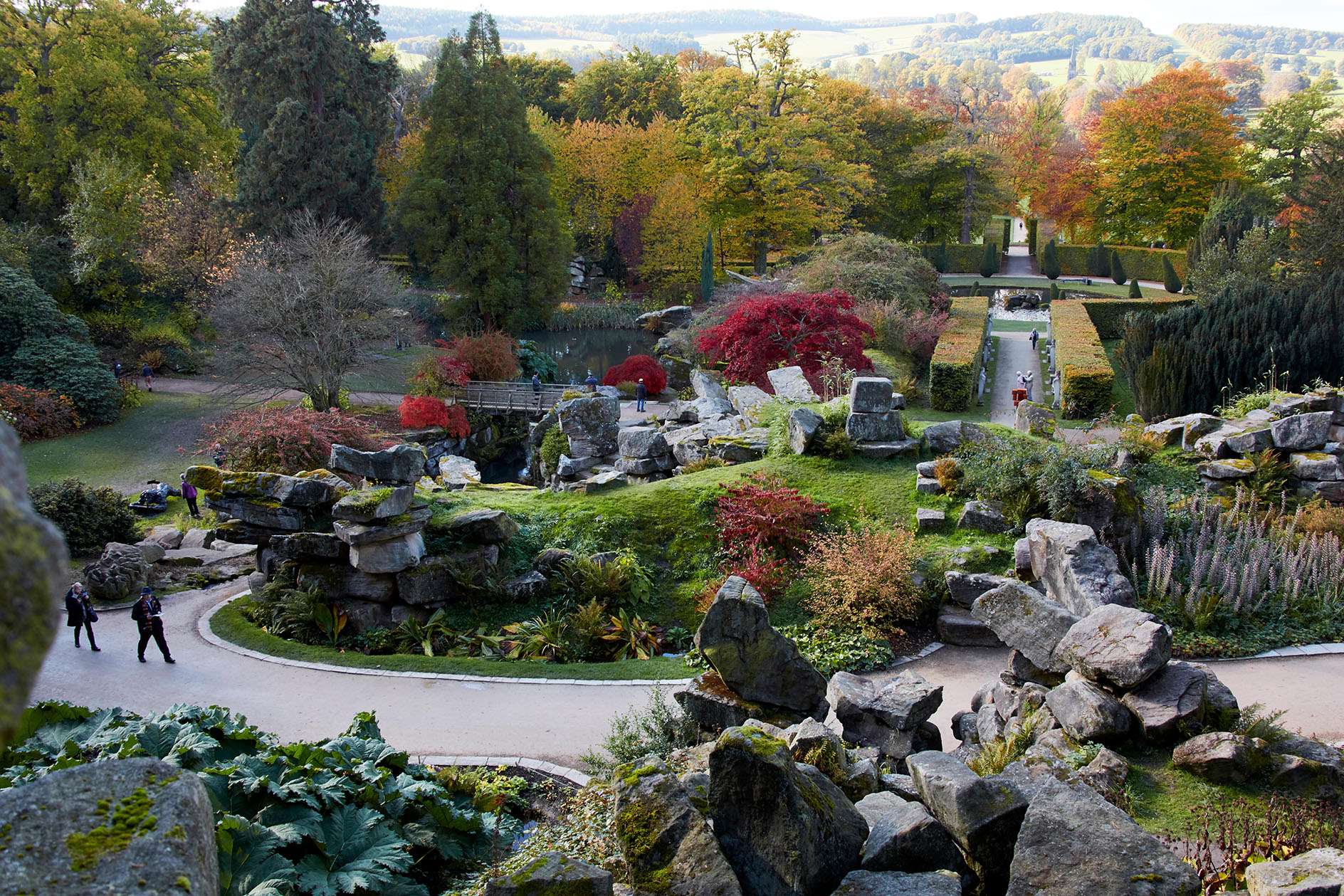
December: Hestercombe, Somerset
The brilliance of Lutyens’s design is laid bare at the year’s end, inviting closer scrutiny of its stonework patterns. Bampfylde’s 18th-century park on the hillside demands exploration. There are numerous pre-Christmas events, including subtle illuminations after dark, and terrific seasonal food. www.hestercombe.com
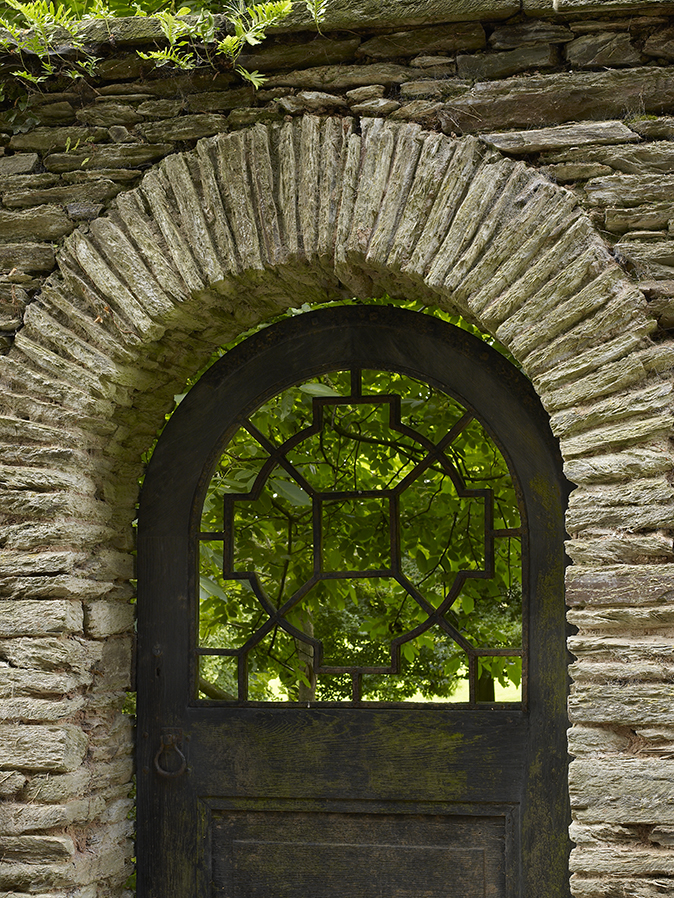
Christmas: Kew Gardens
Christmas at Kew combines Kew’s breathtaking winter landscape with a glittering trail, creating a magical after-dark experience.
The winter light experience has a special part in Kew's history. It was Queen Charlotte, a founder of Kew Gardens, who first dressed branches of a Christmas tree in one of the largest rooms at Kew Palace for all to enjoy in the 1790s.
An array of trees feature on the trail, including an impressive 50ft tall tree - this is a magical time to visit and have a glass of mulled wine, and to see Kew in an entirely new light - literally. www.kew.org
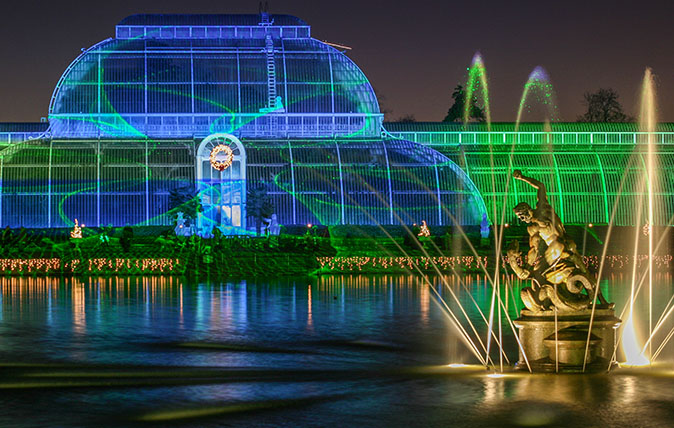
A version of this article was originally published in 2015.

Dates to remember: 12 anniversaries in 2015
There are some big anniversaries this year, from the consecration of Westminster Abbey to the Battle of Waterloo.
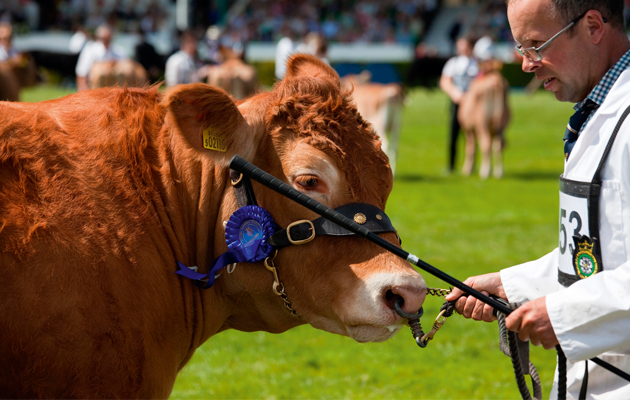
Best country shows this summer
It's showtime in the countryside.
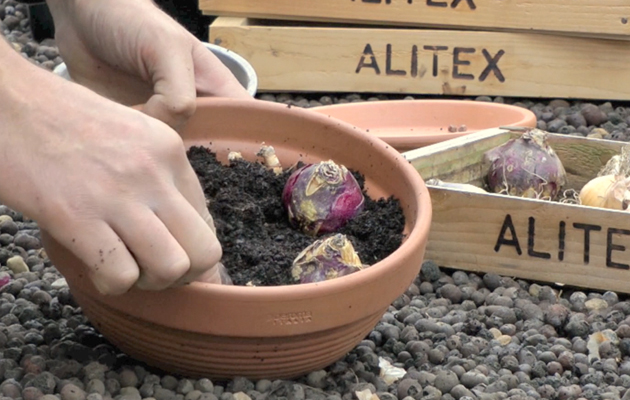
Alitex Series Video: How to pot bulbs for spring
Head Gardener at Hinton Ampner in Hampshire shows us how to pot bulbs in preparation for early spring flowers next
-
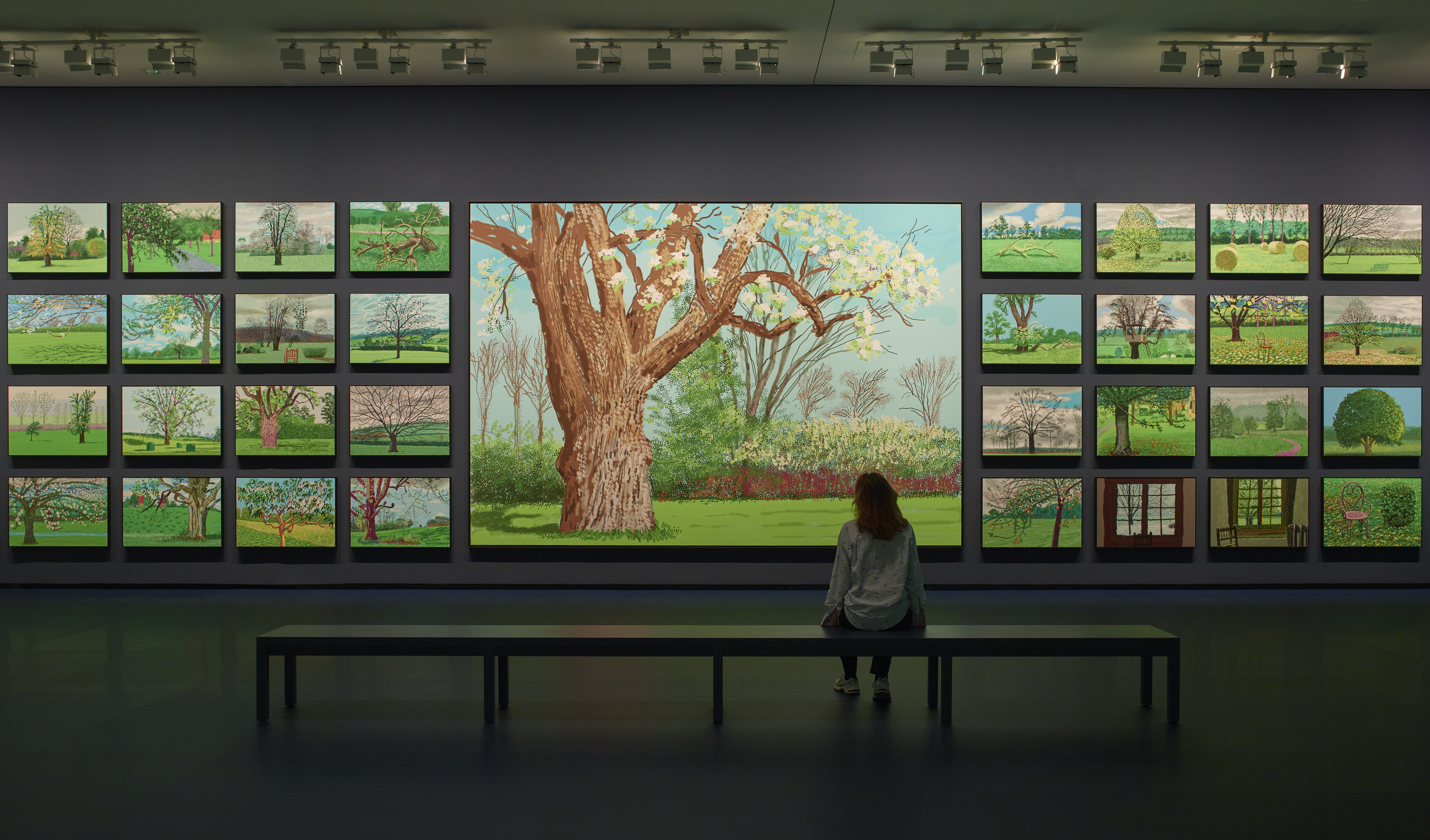 ‘David Hockney 25’ at the Fondation Louis Vuitton: Britain’s most influential contemporary artist pops up in Paris to remind us all of the joys of spring
‘David Hockney 25’ at the Fondation Louis Vuitton: Britain’s most influential contemporary artist pops up in Paris to remind us all of the joys of springThe biggest-ever David Hockney show has opened inside the Fondation Louis Vuitton in Paris — in time for the season that the artist has become synonymous with.
By Amy Serafin Published
-
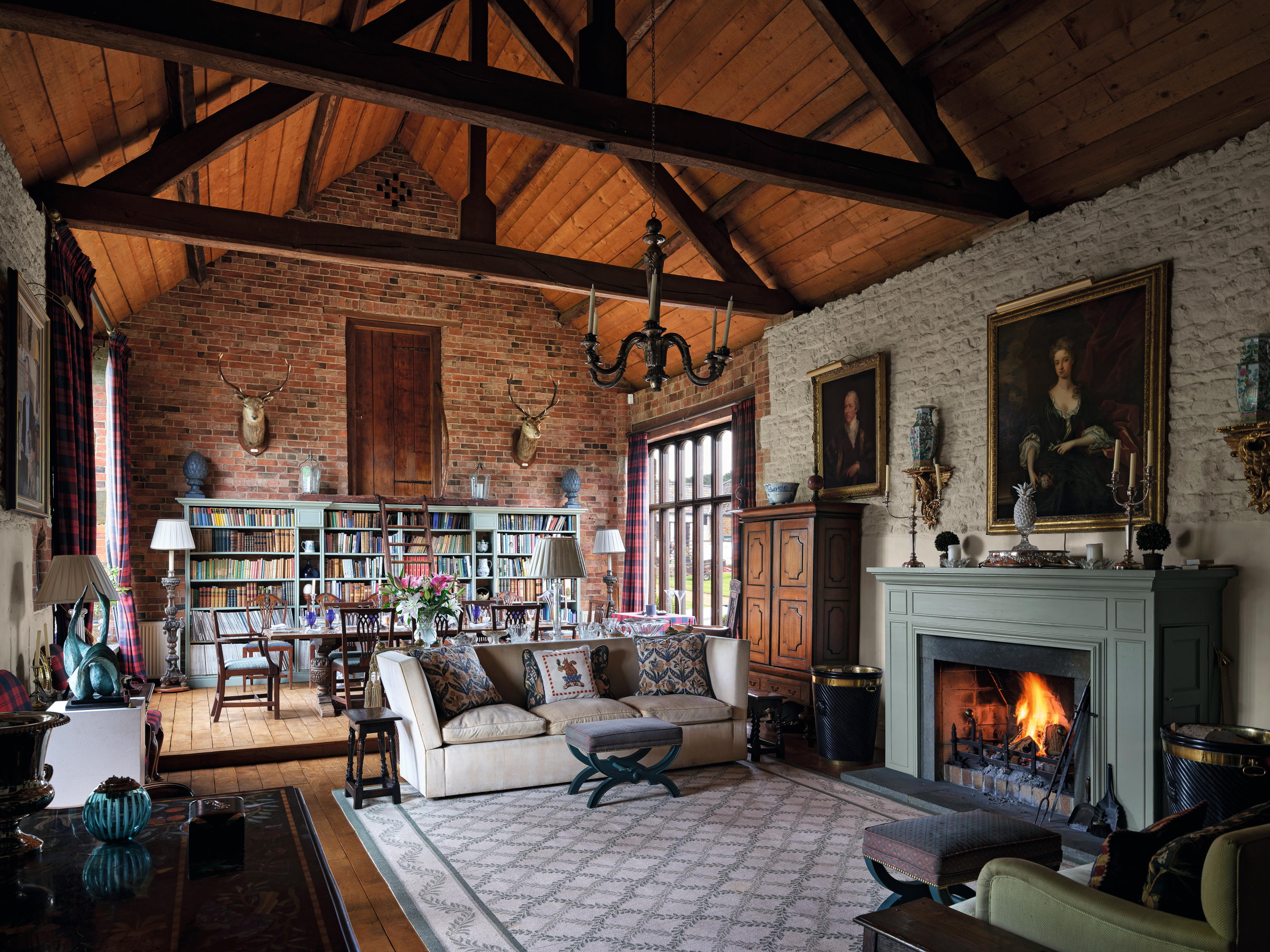 High Wardington House: A warm, characterful home that shows just what can be achieved with thought, invention and humour
High Wardington House: A warm, characterful home that shows just what can be achieved with thought, invention and humourAt High Wardington House in Oxfordshire — the home of Mr and Mrs Norman Hudson — a pre-eminent country house adviser has created a home from a 300-year-old farmhouse and farmyard. Jeremy Musson explains; photography by Will Pryce for Country Life.
By Jeremy Musson Published
-
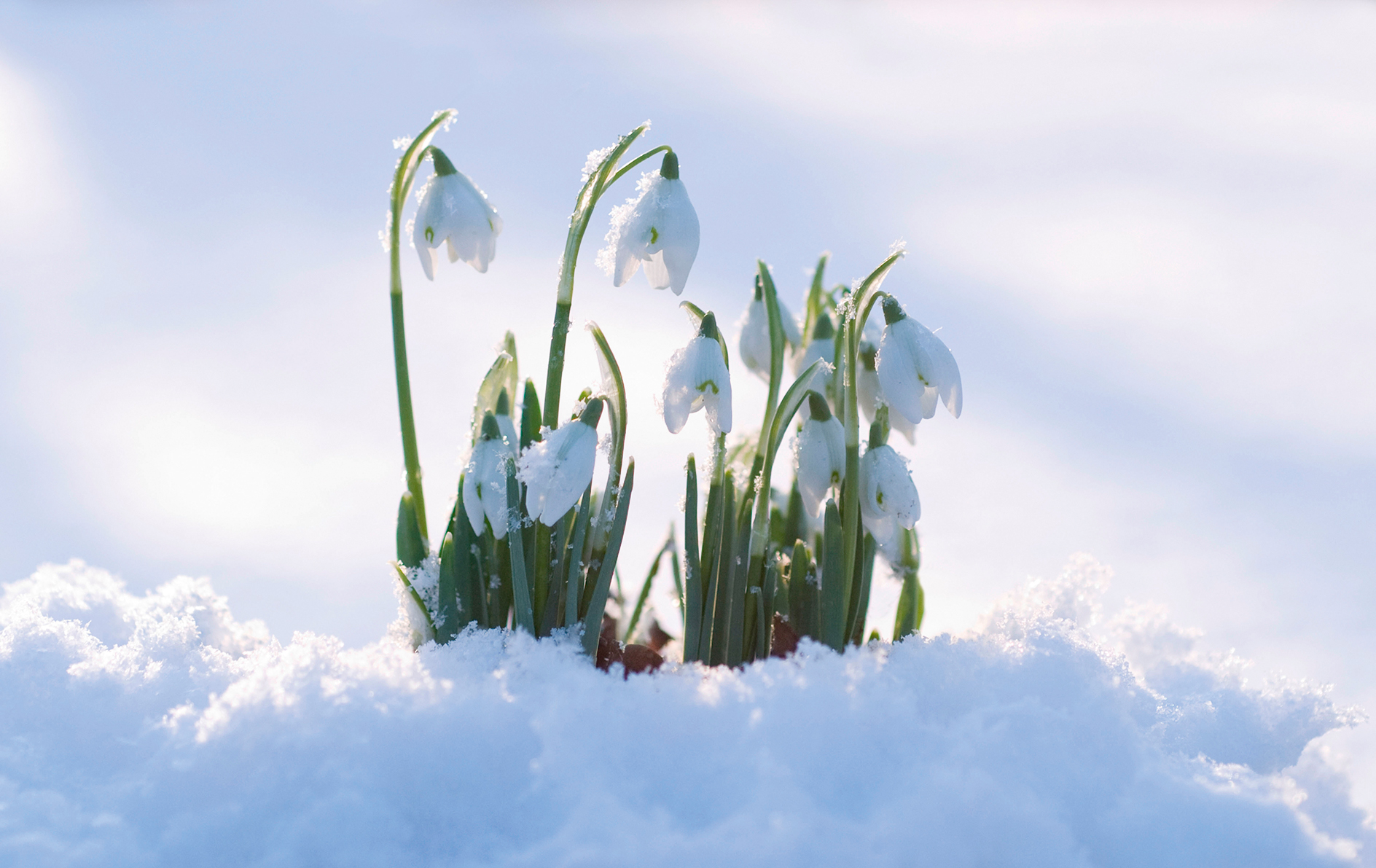 Where to see snowdrops: The best places in Britain
Where to see snowdrops: The best places in BritainThe sight of these tiny white flowers peeping through in January or February never fails to cheer us up – here's our pick of where to see snowdrops.
By Country Life Published
-
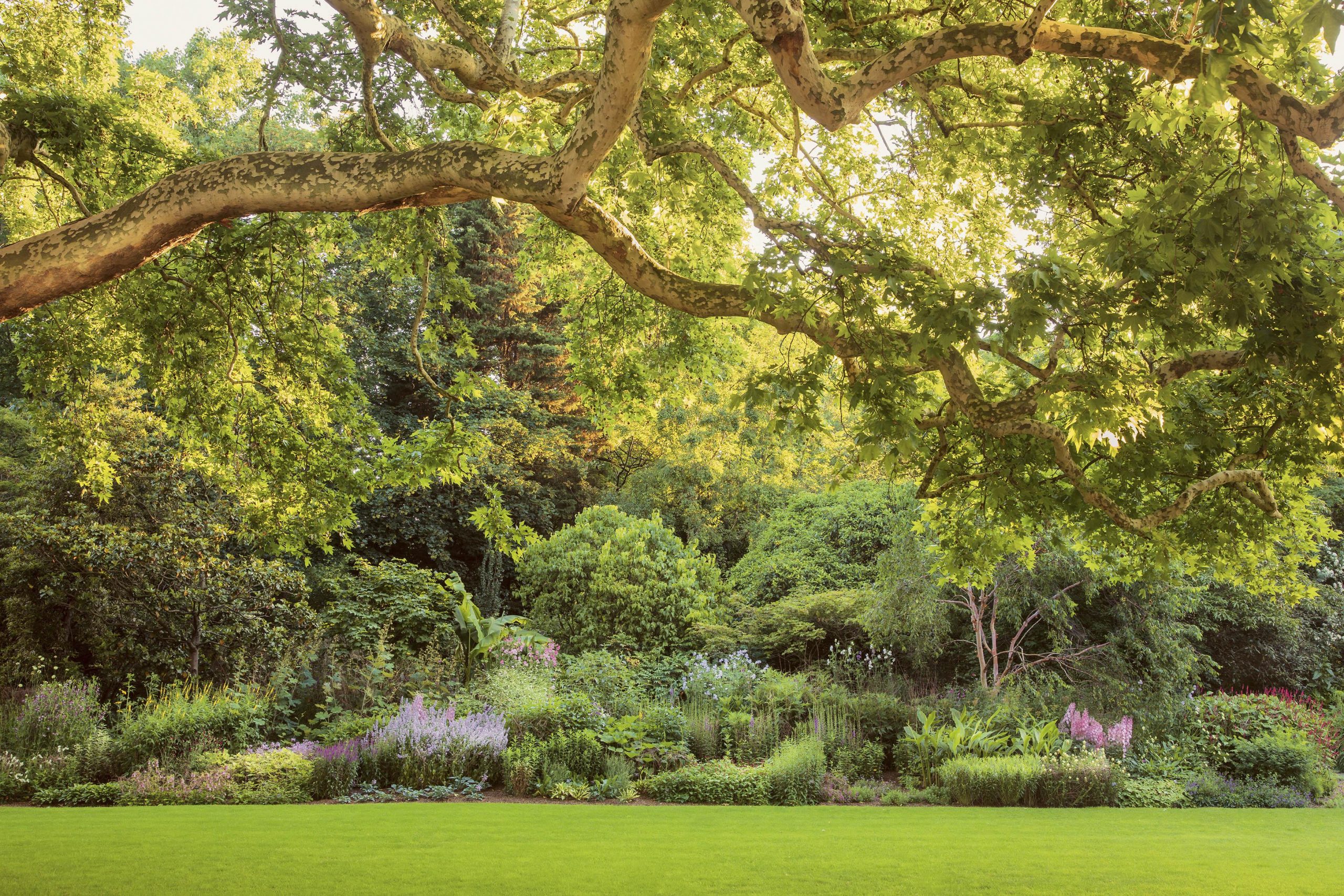 New tickets available for opening of Queen's private gardens at Buckingham Palace
New tickets available for opening of Queen's private gardens at Buckingham PalaceLarge areas of the gardens at Buckingham Palace are to be opened freely to visitors for the first time this summer, and due to 'exceptional demand' extra dates have been put on between now and September.
By Toby Keel Published
-
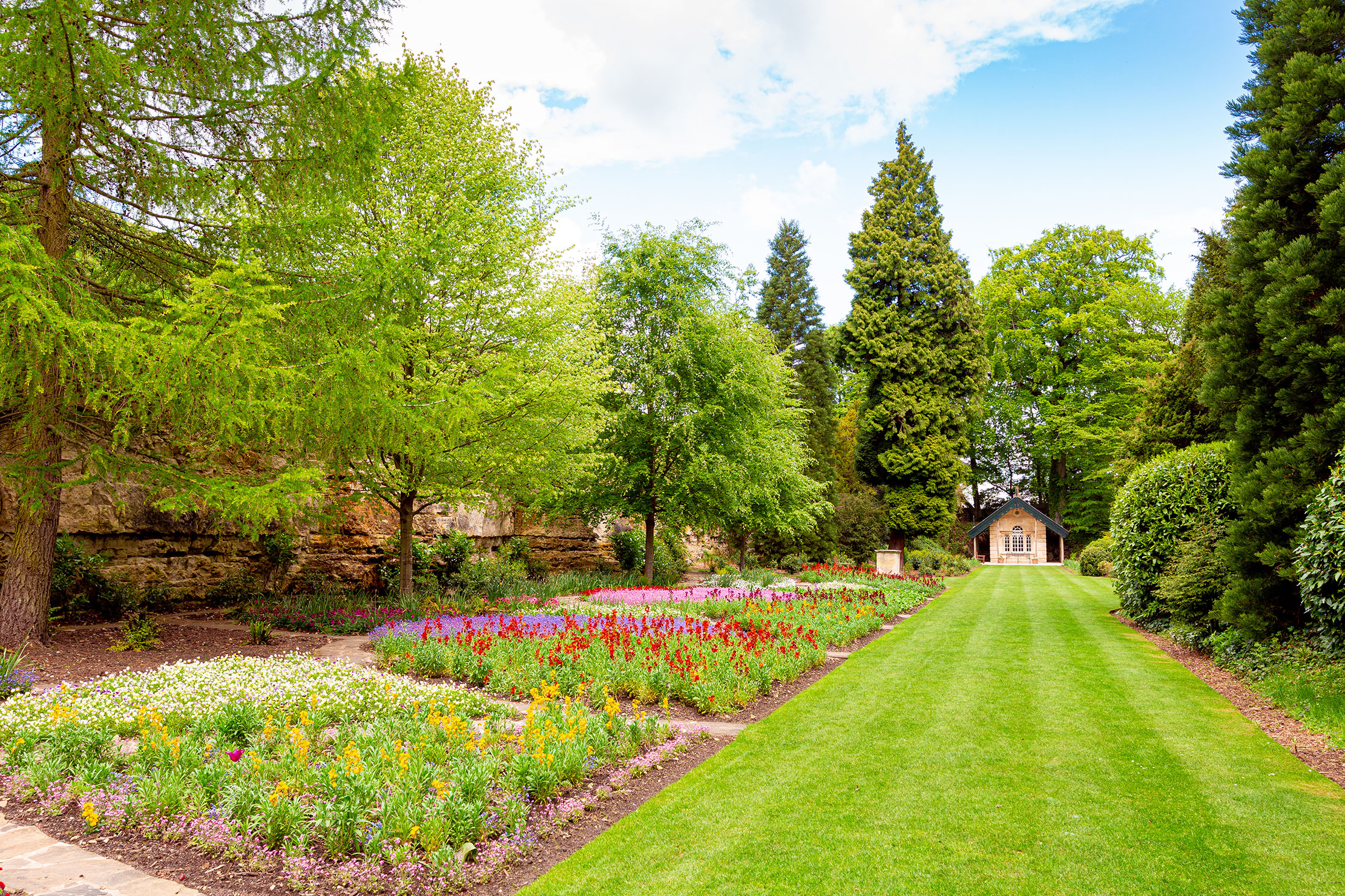 Brodsworth Hall's 150-year-old follies — restored, reopened and remarkable
Brodsworth Hall's 150-year-old follies — restored, reopened and remarkableBrodsworth Hall's gardens and unusual follies have been restored during lockdown. Annunciata Elwes takes a look.
By Annunciata Elwes Published
-
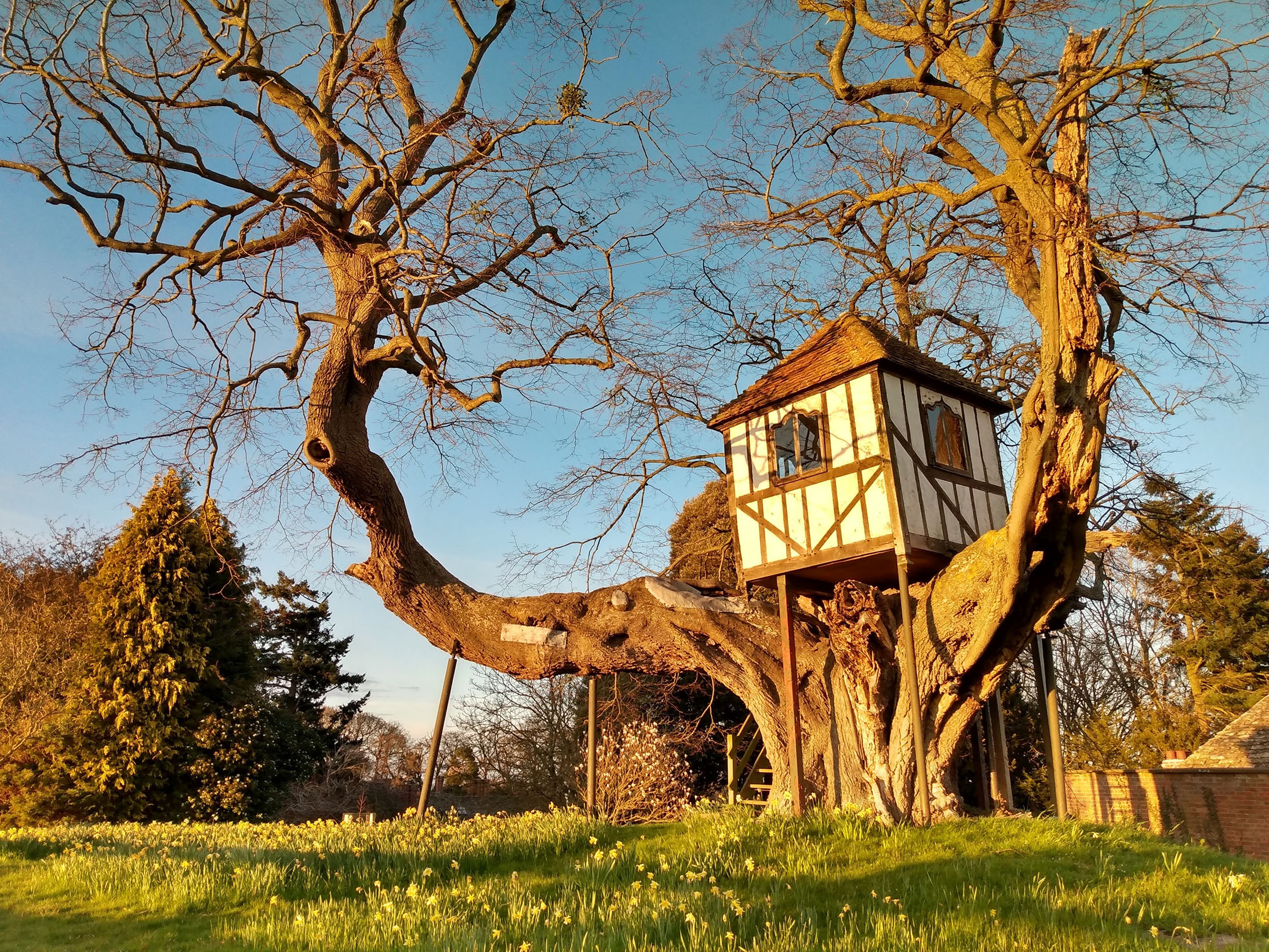 The best new gardens opening to the public in 2021 under the National Garden Scheme
The best new gardens opening to the public in 2021 under the National Garden SchemeThe NGS was hit by Covid-19 last summer, but the signs suggest that the 2021 National Garden Scheme openings should go ahead as usual. Annunciata Elwes takes a look at some of the highlights.
By Annunciata Elwes Published
-
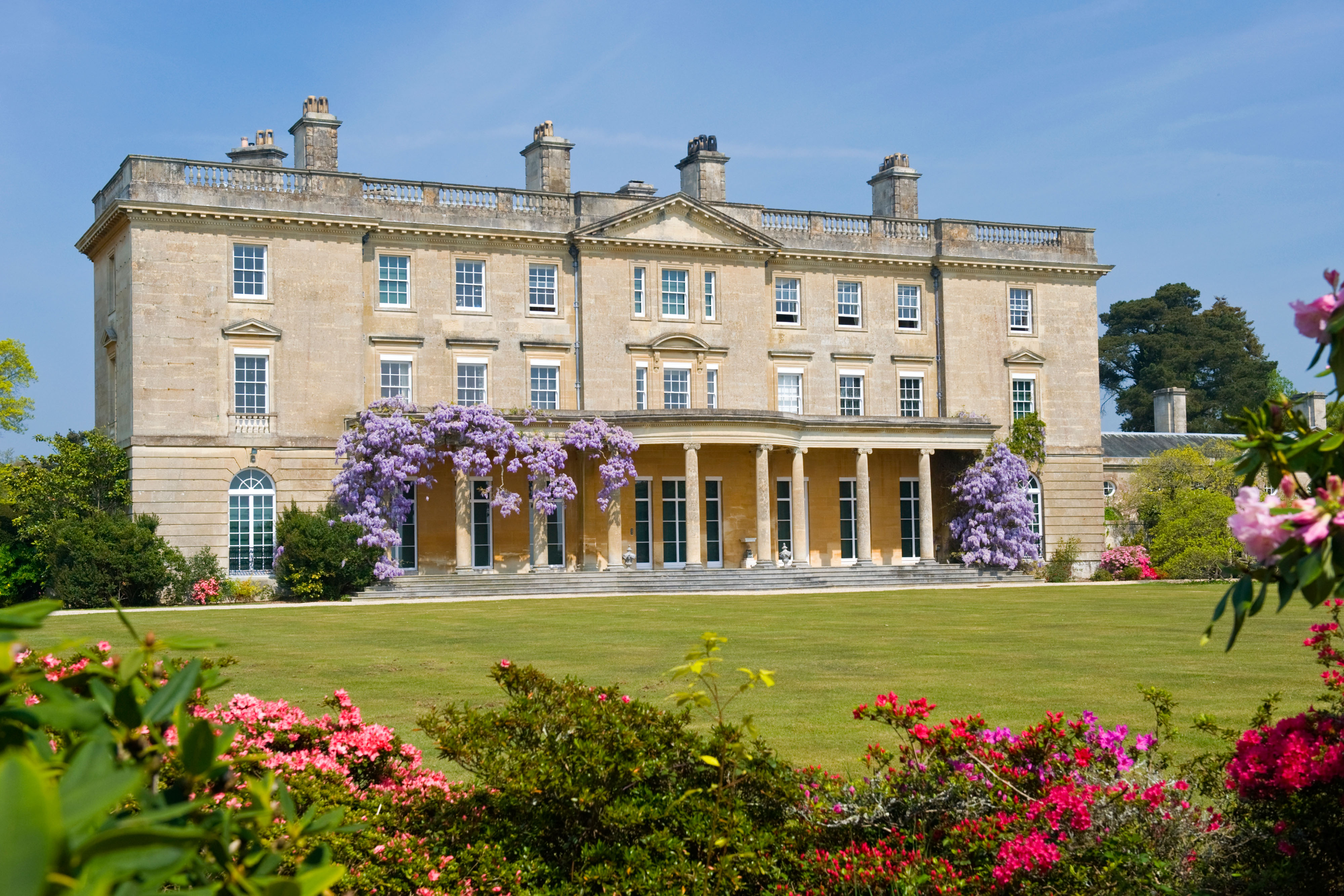 Exbury Gardens: The wild woodland tamed by a Rothschild to become one of Britain's great gardens
Exbury Gardens: The wild woodland tamed by a Rothschild to become one of Britain's great gardensUntamed woodland was brilliantly transformed into a pioneering garden at Exbury, thanks to the vision of Lionel de Rothschild. Mark Griffiths discovers how his legacy is being continued.
By Mark Griffiths Published
-
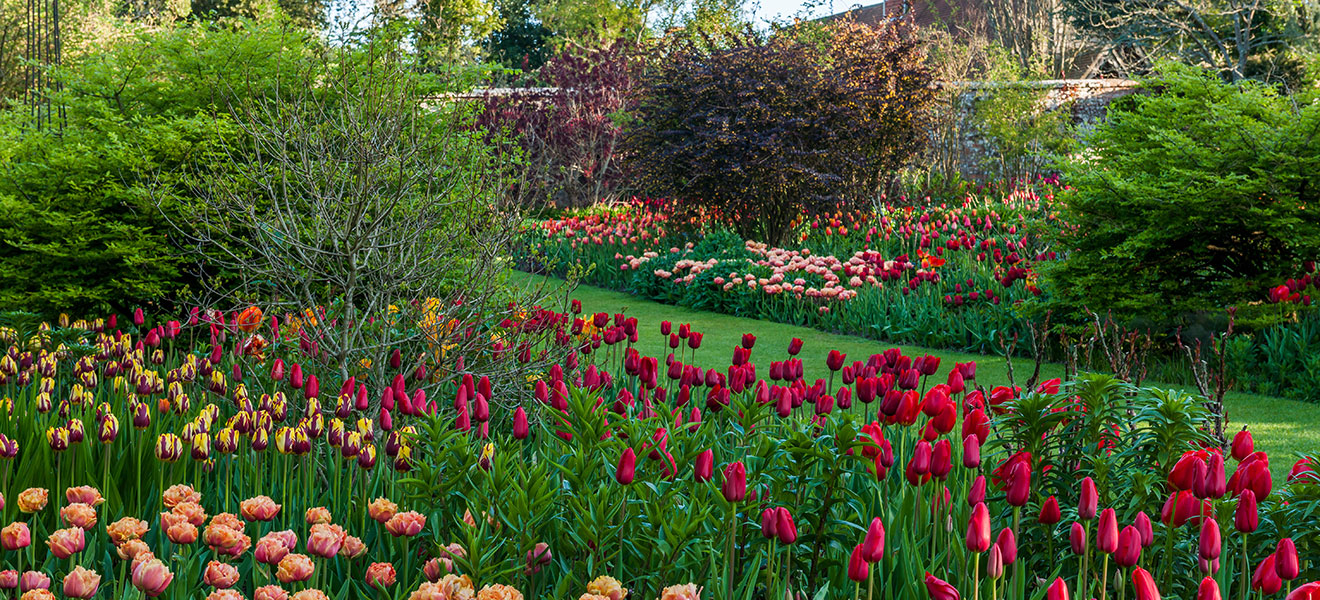 Ten simply magnificent photographs of Pashley Manor, Britain's greatest tulip festival
Ten simply magnificent photographs of Pashley Manor, Britain's greatest tulip festivalEvery year, Pashley Manor's stunning tulip festival attracts people from across the world to enjoy these beautiful blooms in a perfect English country setting. We've picked out some wonderful images from the festival, while Jacky Hobbs describes some of the history and his favourite varieties.
By Country Life Published
-
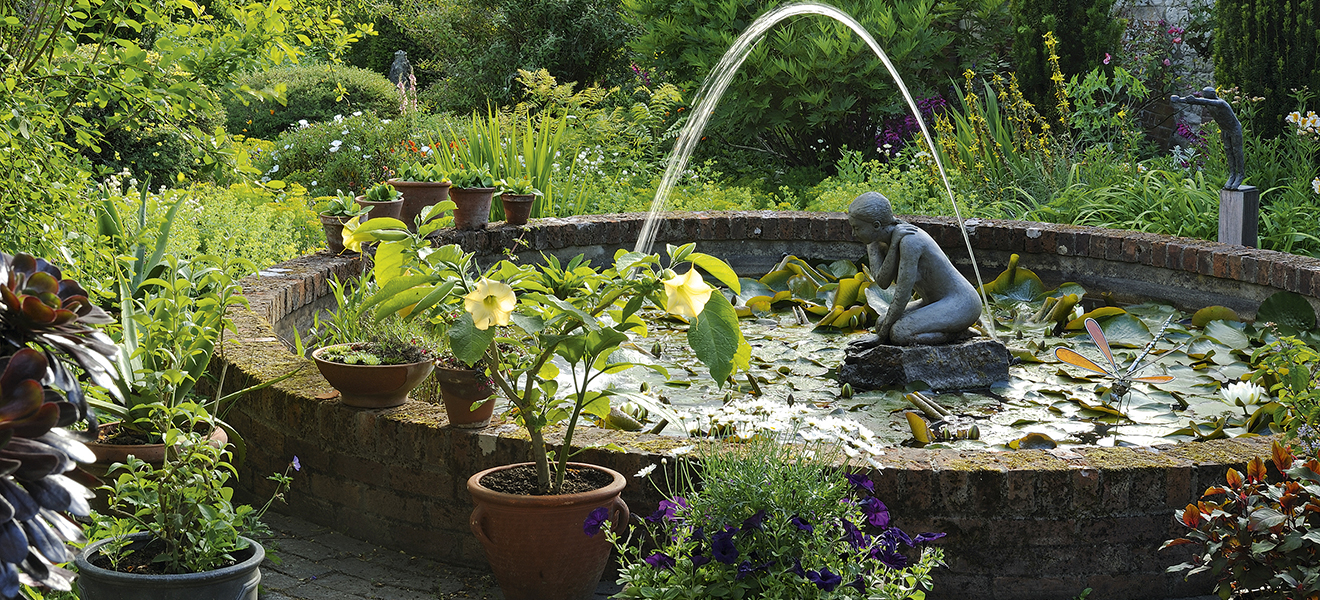 Chisenbury Priory: A handsome and quirky streamside garden developed over decades
Chisenbury Priory: A handsome and quirky streamside garden developed over decadesTim Longville discovers how successive owners and artists have made their mark on the grounds of an ancient streamside property.
By Country Life Published
-
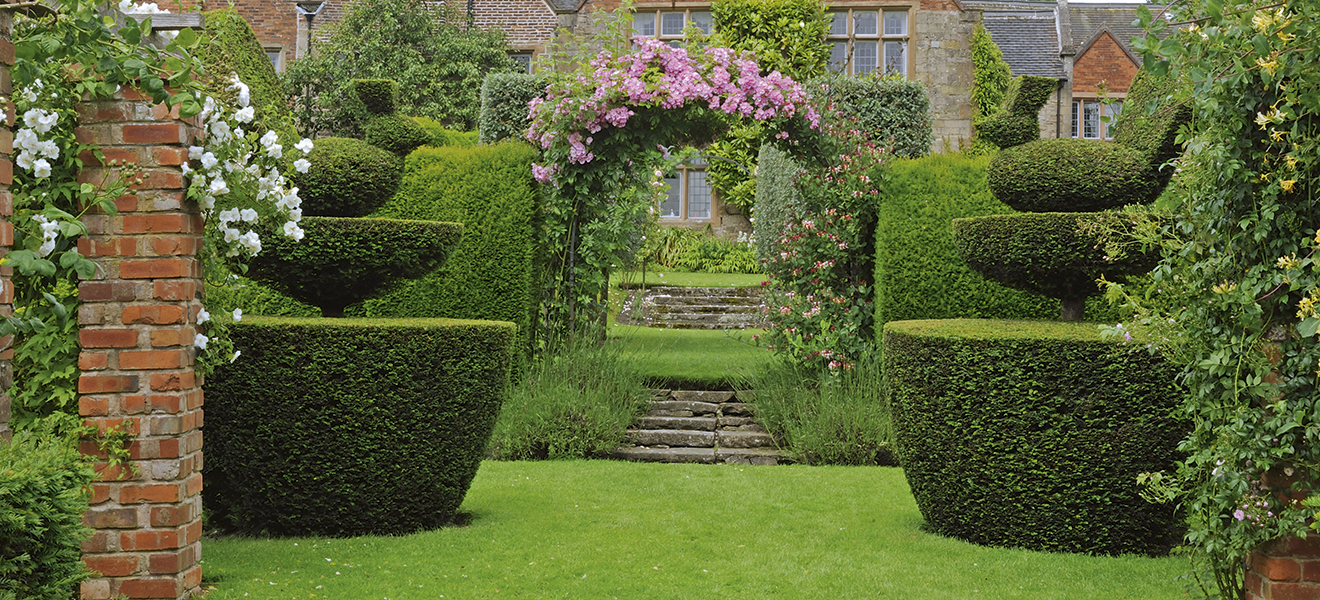 Felley Priory: The ultimate lesson in the value of planting hedges
Felley Priory: The ultimate lesson in the value of planting hedgesFelley Priory enjoyed considerable fame a generation ago for its cohesive planting and plantsmanship, but its greatness continues with the present owners.
By Country Life Published